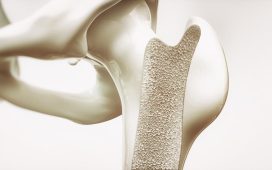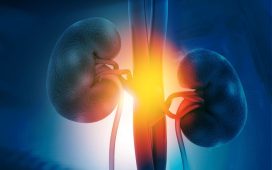Authors are optimistic about the ‘repurposing’ of FDA-approved dronabinol
By Lori Solomon HealthDay Reporter
WEDNESDAY, Oct. 9, 2024 (HealthDay News) — Dronabinol is safe and effective for the treatment of Alzheimer disease with agitation (Agit-AD), according to a study presented at the annual meeting of the International Psychogeriatric Association, held from Sept. 25 to 27 in Buenos Aires, Argentina.
Paul Rosenberg, M.D., from Johns Hopkins University School of Medicine in Baltimore, and colleagues conducted a three-week, placebo-controlled, double-blind, randomized clinical trial of dronabinol (target dose, 10 mg daily) in 80 inpatients with severe Agit-AD.
The researchers found that for both Pittsburgh Agitation Scale (PAS) and Neuropsychiatric Inventory, Clinician Version (NPI-C) Agitation and Aggression (A/A) subscales, the difference in rate of change was statistically significant, with participants assigned to the dronabinol arm declining and improving more over the trial. The between-arm difference in change over three weeks divided by the baseline standard deviation (the effect size) was 0.53 and 0.35 for PAS and NPI-C A/A, respectively. There were no significant differences between the groups for the secondary outcomes of NPI-C Sleep, NPI-C Total, Cohen-Mansfield Agitation Inventory, Caregiver Distress, and Alzheimer Disease Cooperative Study-Activities of Daily Living, nor for NPI-C Disinhibition, NPI-C Irritability, and the Modified Alzheimer Disease Cooperative Study-Clinical Global Impression of Change. Additionally, there were no significant differences in either adverse events (AEs) or serious AEs between the groups (37 in the placebo arm and 43 in the dronabinol arm).
“This pilot trial could open the door to ‘repurposing’ dronabinol as a novel and safe treatment for Agit-AD with significant public health impact,” the authors write.
Copyright © 2024 HealthDay. All rights reserved.








